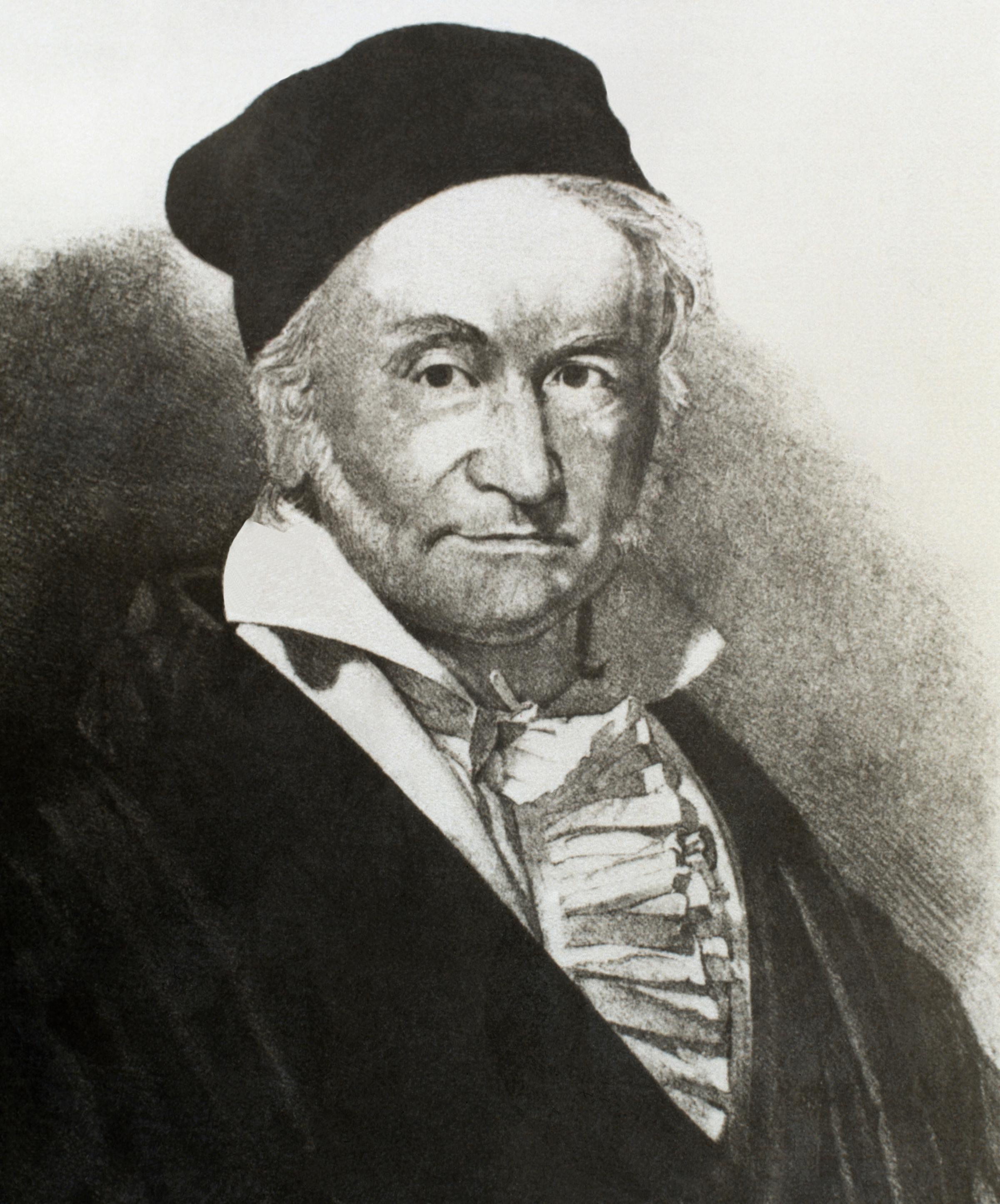A German mathematician, physicist and astronomer, Johann Carl Friedrich Gauss rose from humble origins to become one of the world’s greatest minds.
Born in 1777 in Brunswick, then part of the Holy Roman Empire, Gauss was the only child of poor parents who had received little or no formal education. His mother was illiterate. But when Gauss started school at age seven, he was quickly recognized as a child prodigy who could solve complex math problems in his head.
While still a teenager, Gauss became the first person to prove the Law of Quadratic Reciprocity, a math theory to determine whether quadratic equations can be solved.
The 17-sided polygon
Thanks to financial backing from the Duke of Brunswick, Gauss continued his education at the University of Göttingen. While there, he made one of his most significant discoveries. Using only a ruler and compass, he constructed a 17-sided polygon or heptadecagon, and in doing so solved a mathematical puzzle begun by Greek mathematicians.
Gauss left Göttingen in 1798 without obtaining a diploma. But, encouraged by the duke, he later sent his doctoral thesis, a proof of algebra, to the University of Helmstedt.

The ‘Prince of Mathematicians’
Over the course of his life, Gauss wrote dozens papers which delved into geometry, cartography, planetary astronomy, magnetism and electricity, and earned him the prestigious Copenhagen University Prize in 1822.
“The name of Gauss is linked to almost everything that the mathematics of our century has brought forth in the way of original scientific ideas,” said 19th Century German mathematician Leopold Kronecker.
His contribution to the field was so great that he was known as the “Prince of Mathematicians.”
Monday’s Google Doodle depicts Gauss surrounded by planetary orbits, his heptadecagon, a telescope and a bell curve.
More Must-Reads from TIME
- Donald Trump Is TIME's 2024 Person of the Year
- Why We Chose Trump as Person of the Year
- Is Intermittent Fasting Good or Bad for You?
- The 100 Must-Read Books of 2024
- The 20 Best Christmas TV Episodes
- Column: If Optimism Feels Ridiculous Now, Try Hope
- The Future of Climate Action Is Trade Policy
- Merle Bombardieri Is Helping People Make the Baby Decision
Write to Laignee Barron at Laignee.Barron@time.com